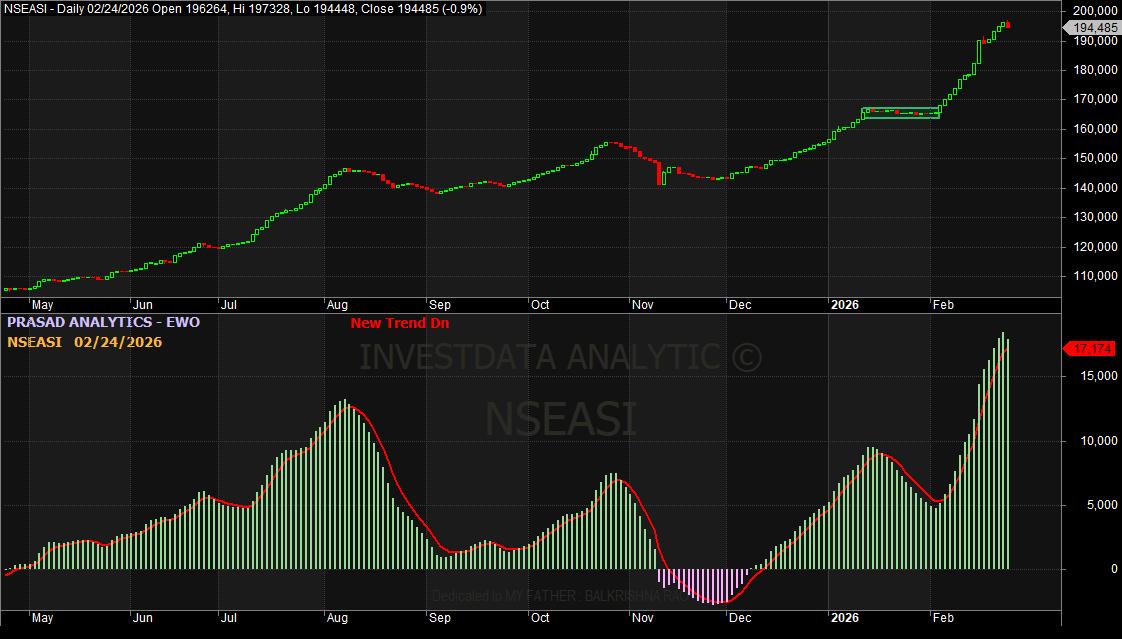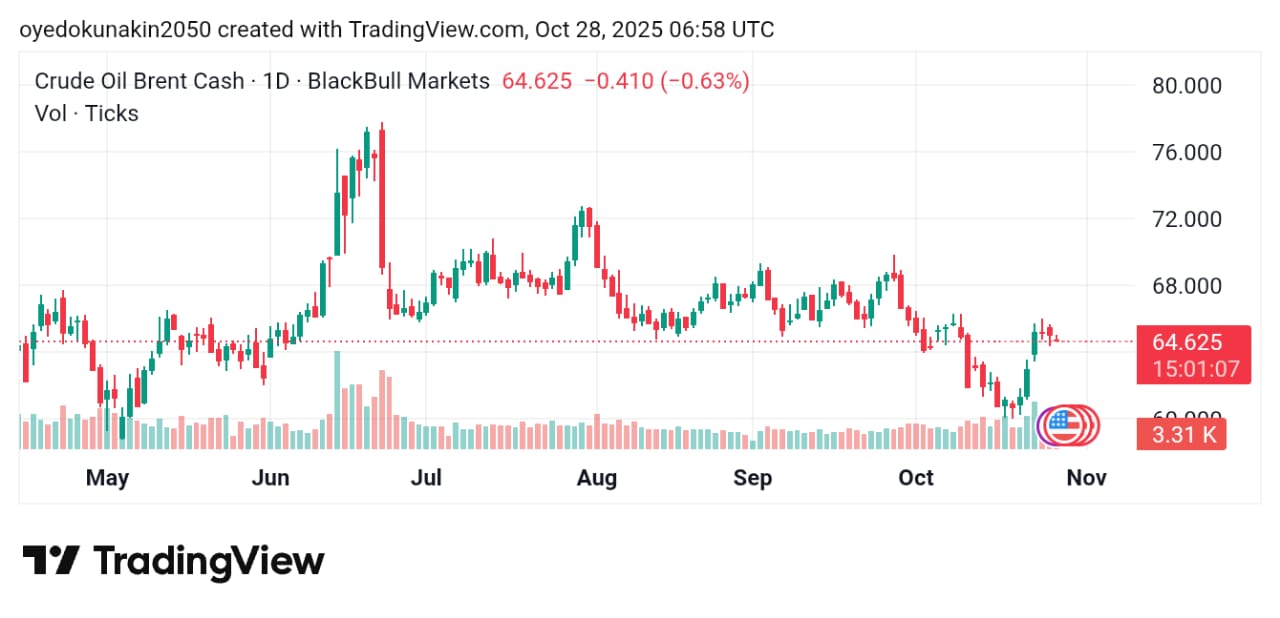
Following its worry about rising debts levels among low income and emerging market countries of the world, including Nigeria and other fellow African nations, the International Monetary Fund (IMF) has been mandated to help such nations strengthen fiscal positions.
This is to be done, according to a communiqué issued by the Development Committee, a ministerial-level forum, at the end of the 2018 Annual Meetings of the World Bank Group and IMF, in a in Bali, Indonesia, by helping to improve their “debt management capacity, increasing domestic resource mobilization, and deepening local capital markets.”
Already, “the World Bank Group is helping member countries address these challenges, through a combination of financial assistance and policy advice to promote robust and inclusive economic growth, reduce risks, and foster competitiveness, while strengthening fiscal sustainability and financial resilience.”
The committee, which represents 189 member countries, expressed concern about rising debt, while underlining the crucial role of international trade for growth, job creation, and sustainable development.
Declaring the meeting open, World Bank Group President Jim Yong Kim stressed the need to build resilience to disaster, while working on long-term economic transformations affecting developing countries.
“We have to agree on ways forward in tackling the biggest challenges our clients face,” he said, citing the critical importance of building human capital, particularly given how technological advances affect jobs, the financial sector, and other aspects of development.
To help countries make more effective investments in people, the World Bank Group launched a new Human Capital Index at the meetings, as part of a broader global Human Capital Project that supports long-term, measurable progress toward better outcomes in education, health, nutrition, and social protection. Closely linked to human capital, the bank continued, is the need to ensure that all individuals can access the skills needed to adapt and prosper amid digital disruption, which is the focus of the World Development Report 2019: The Changing Nature of Work, also released at the meetings.
Both Kim and the Development Committee agreed that technology can enhance progress on the Bank Group’s twin goals of eradicating extreme poverty and boosting shared prosperity.
But then, it warned that accelerating innovations also pose risks, particularly where they create new jobs and markets, while rendering others obsolete.
The committee expressed support for joint work across the World Bank, the IFC, and Multilateral Investment Guarantee Agency (MIGA), in their pursuit of private sector solutions that can help achieve development goals, while reserving public finance for projects that the private sector cannot support. It also reiterated support for IDA, the Bank Group’s fund for the poorest countries, and noted key features of IDA’s current funding cycle: the Private Sector Window, a partnership with IFC and MIGA to stimulate private investment in low-income and fragile countries, as well as IDA’s entrance into international capital markets through a highly successful initial bond issue.
Kim also noted that the meetings offered a chance to share new ideas and approaches that can accelerate progress on the Bank Group’s twin goals: to end extreme poverty by 2030 and to boost shared prosperity among the poorest 40% of people worldwide. Despite impressive gains in recent years, however, Kim highlighted the “stark reality of the human capital crisis.”
“And while technology can yield innovative solutions to reduce poverty and inequality, it can also raise the risk of instability. Where people aspire to a better life that they know of elsewhere but have no way to achieve, frustration can lead countries down a path to fragility, conflict, violence, extremism, and migration,” the bank stressed further.
“The good news is that we know more than ever about helping countries prepare for this future. We have no excuse but to act – with the sense of urgency that this crisis requires – to invest in our people,” Kim added.












